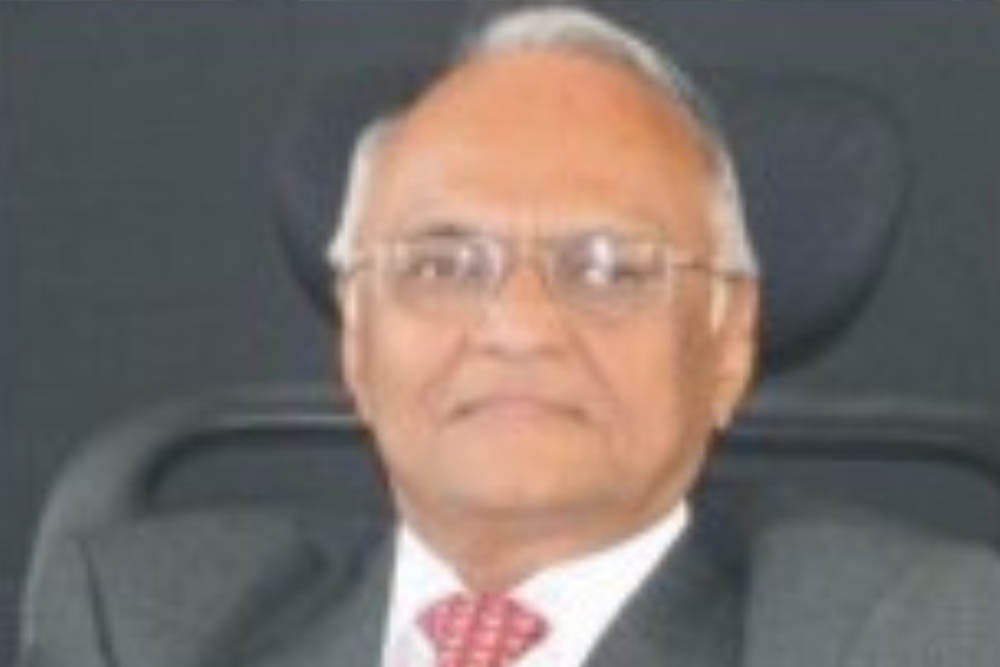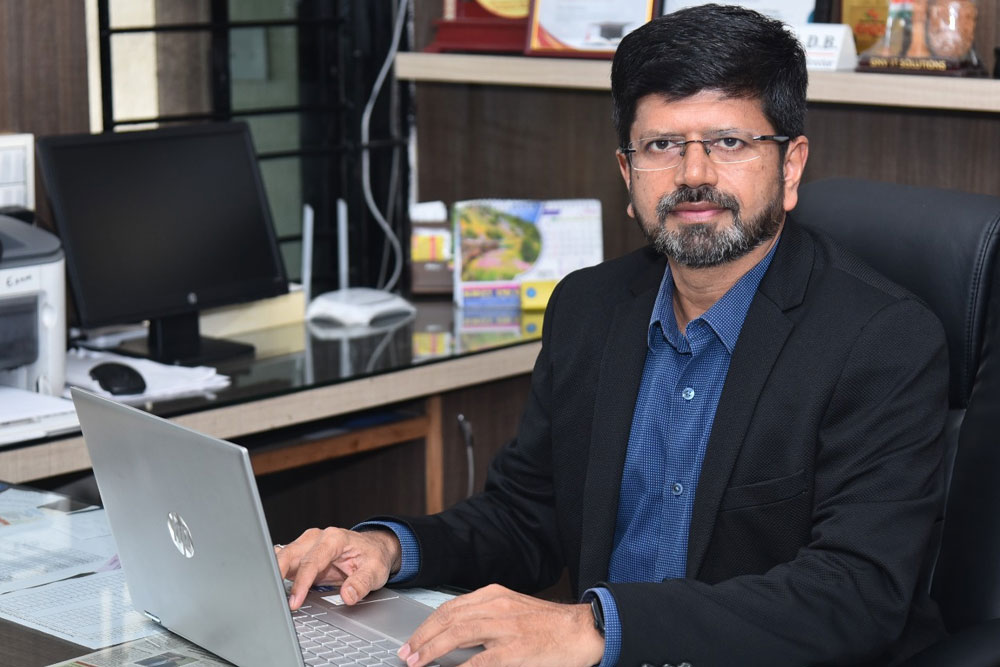 Dr. Chenraj Roychand
Dr. Chenraj Roychand A distinguished Indian educationist, entrepreneur, angel investor and philanthropist with over 40 years of experience...
 Dr. Chenraj Roychand
Dr. Chenraj Roychand  Sri. Achalchand Jain
Sri. Achalchand Jain  Dr. Ganesh D. B.
Dr. Ganesh D. B.  Master of Business Administration (MBA)
Master of Business Administration (MBA)
 Master of Business Administration (MBA) - 120
Master of Business Administration (MBA) - 120
In adherence to UGC (Prevention, prohibition, and redressal of sexual harassment of women employees and students in higher educational institutions) Regulations, 2015 (hereinafter referred to as UGC Regulation) Jain Institute of Technology, Davanagere shall have an independent regulatory framework to ensure preventive, remedial, and/or disciplinary measures against sexual harassment of its employees and students. The Institution shall be committed to creating and maintaining an environment that is free of all forms of gender-based discrimination and sexual harassment. The Institution shall have a zero-tolerance policy towards sexual harassment and shall ensure timely and adequate compliance of the directions in this regard contained in the UGC Regulation.
This Regulation shall apply to all Students, Employees (irrespective of their Tenure, Position, Designation, or Gender), and any other person who belongs to the organisation.
In this Regulation, unless the context otherwise requires, all the terms specified or contemplated herein shall have the same meaning and interpretation of such term/s as contained in Section 2 of the UGC Regulation except where differently specified. For immediate reference, the definition of certain important terms is reproduced in the Schedule hereto.
In order to ensure effective administration of the objectives of the Regulation, the Institution shall have the following Authorities duly appointed with the approval of the Head of the Institution
Upon receipt of the Complaint, the ICC shall immediately contact a Select Committee which shall be headed by a Member of the Commission to look into the said complaint and make a report on its authenticity.
a) Any complaint that is made to the ICC shall be treated as confidential and shall not be made public. The details of the complaint shall be kept strictly confidential.
b) The information collected by the ICC regarding a complaint shall not be shared or forwarded to third parties.
‘Campus’ means the campus is the area where the various facilities of the College are situated. These include libraries, laboratories, student centers, and other ancillary areas.
An unwanted sexual act or behavior that is perceived as sexual in nature is defined as any action or behavior that could provoke submission or cause submission by a person or group of people.
Any department, organization, establishment, or branch of the College which is not owned or controlled by the College is not allowed to operate or carry out activities related to the College unless its funds are provided directly or indirectly.
